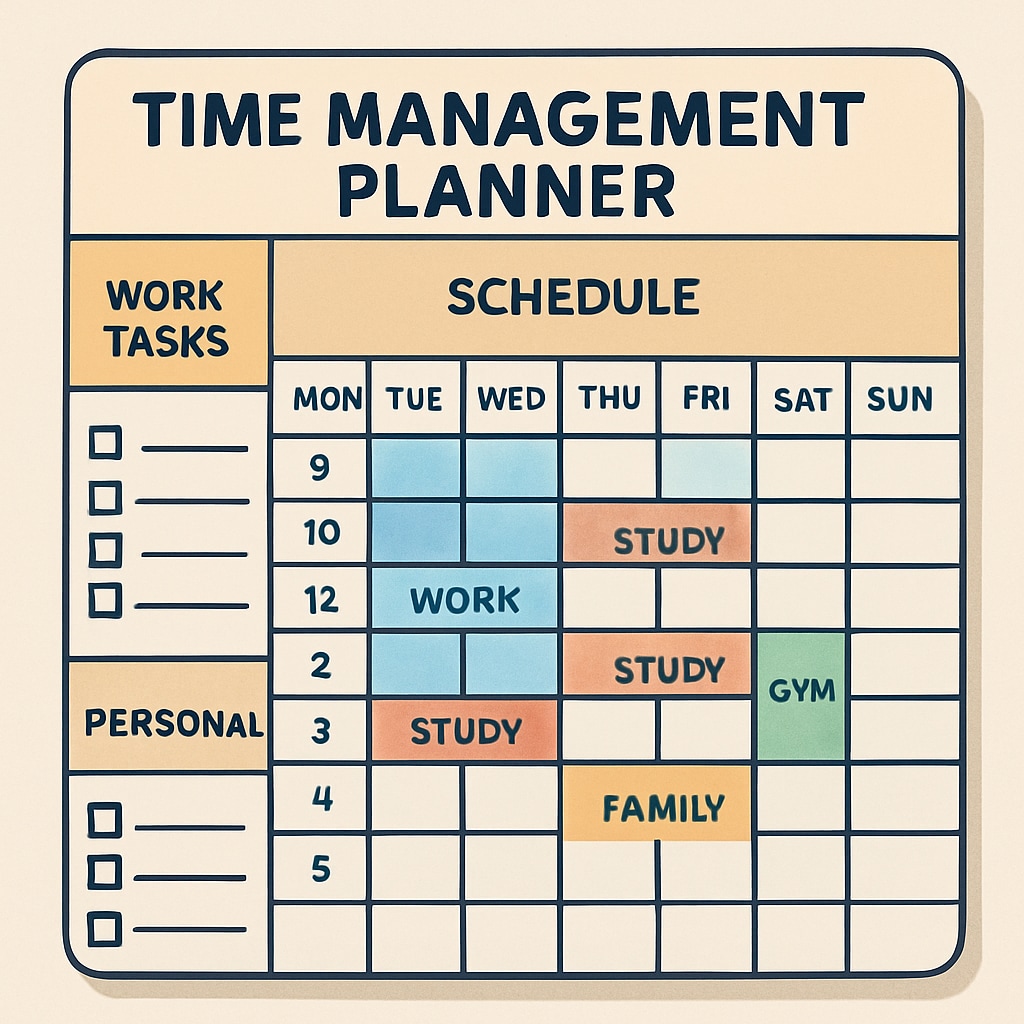Many professionals in their 30s find themselves at a crossroads where pursuing a higher degree seems essential for further career growth, but the demands of work and personal life make it challenging. This “degree dilemma,” involving the balance of career stability, higher education, and time management, is a common struggle for mid-career individuals. The question looms: How can one advance academically while maintaining professional success?

Why Pursuing Higher Education Matters for Mid-Career Professionals
Higher education often enables professionals to unlock new career opportunities, improve earning potential, and gain specialized knowledge. For many industries, advanced degrees signal expertise and commitment, making candidates more competitive in the job market. For example, according to Britannica’s overview of higher education, advanced degrees are increasingly required for leadership roles.
However, the road to obtaining a degree while working full-time is fraught with challenges. Time constraints, financial commitments, and the mental toll of juggling responsibilities can discourage many from pursuing their academic ambitions.
Challenges of Balancing Career, Education, and Personal Life
Mid-career professionals typically face unique pressures, including maintaining work performance, managing family responsibilities, and planning for future financial security. Adding higher education to this mix introduces new hurdles:
- Time Management: Balancing work hours, study schedules, and personal commitments can lead to burnout.
- Financial Strain: Tuition fees and related costs often conflict with savings goals or family budgets.
- Uncertainty: The fear of whether the degree will significantly impact career trajectory can deter individuals from enrolling.
As a result, many professionals postpone their academic pursuits, potentially missing out on career advancements that require higher qualifications.

Practical Solutions for Achieving Academic Goals
Despite the challenges, there are strategies that mid-career professionals can employ to pursue higher education without sacrificing their careers:
- Opt for Flexible Programs: Online courses, part-time degrees, and evening classes are designed to accommodate working professionals.
- Leverage Employer Support: Many companies offer tuition reimbursement programs or flexible working arrangements for employees pursuing higher education.
- Prioritize Time Management: Using tools like calendar apps or scheduling software can help manage daily tasks effectively.
- Set Realistic Goals: Break academic goals into smaller milestones to make progress more manageable.
For example, platforms like Wikipedia’s resource on online learning highlight the benefits of e-learning for professionals balancing multiple responsibilities.
Balancing Long-Term Career Goals with Academic Ambitions
Ultimately, the decision to pursue higher education alongside a stable career comes down to individual priorities. Professionals must weigh their long-term career aspirations against the immediate challenges of balancing work, study, and personal life. Reflecting on career goals, seeking mentorship, and evaluating the return on investment of a degree can guide individuals toward informed decisions.
By leveraging flexible learning options, employer support, and effective time management strategies, mid-career professionals can navigate the “degree dilemma” with confidence and successfully achieve their academic aspirations.


